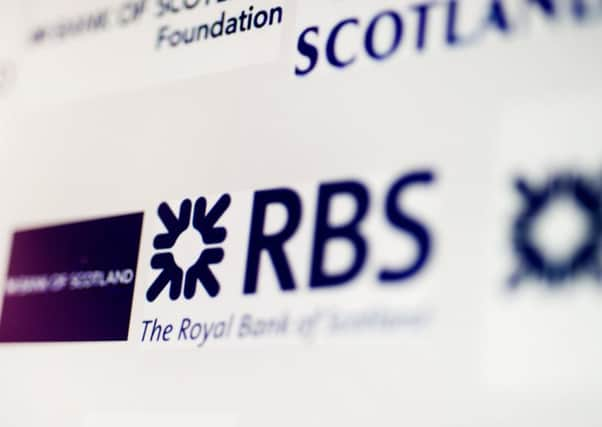RBS payout helps UK investors reap record dividends


The 15.7 per cent increase compared to the same quarter last year was helped by a number of very large one-off special dividends, according to data compiled by Link Asset Services. However, stripping out the effect of special dividends, the underlying payout to investors rose by a more modest 5.5 per cent and two-thirds of the underlying growth rate benefited from exchange-rate effects.
RBS declared a final dividend of 3.5p per share and a special dividend of 7.5p per share after profits more than doubled. But the biggest impact on the total payout to investors came from BHP.
Advertisement
Hide AdAdvertisement
Hide AdThe global mining group paid a huge £1.7bn special dividend from the proceeds of the disposal of its US shale oil interests, on top of a healthy increase in its final dividend.
The two largest-paying sectors – oil and pharmaceuticals – accounted for almost two fifths of the first quarter total although growth was almost entirely due to positive exchange-rate effects.
With the exception of a small increase from BP, the biggest companies all held their dividends flat on a constant-currency basis. Tobacco stocks, by contrast, raised their payouts significantly. Weaker sectors include telecoms, where BT cut its payout, and Vodafone’s was flat in euro terms. Retail also disappointed, with most companies holding dividends flat, but there were notable cuts from Dixons and Debenhams.
Top 100 dividends outperformed the mid-caps, even after special dividends and exchange rates were taken into account, mirroring a slowdown in earnings growth for companies outside the multinational “superleague”. After stripping out exchange rates and special dividends, top 100 payouts were up 2.6 per cent, while mid-cap payouts fell 2.5 per cent.
Despite share prices rebounding by around 10 per cent since January, the yield on UK shares has only dropped slightly from a ten-year high in January, and now stands at 4.6 per cent excluding special dividends.
“This is exceptionally attractive by historic standards, and far exceeds the yield availably on other asset classes like government bonds, property and cash,” said Link.
Michael Kempe, chief operating officer at Link Market Services, said: “The first quarter is usually just the warm-up act for dividends, but this year it has put in a stellar performance.”
Kempe said that despite significant uncertainty in markets, he is confident that 2019 will show good growth in dividends.
“Moreover, the yield on UK shares is a third higher than its long-run average and suggests equities are still extremely cheap, both in comparison to other countries and to other asset classes.”